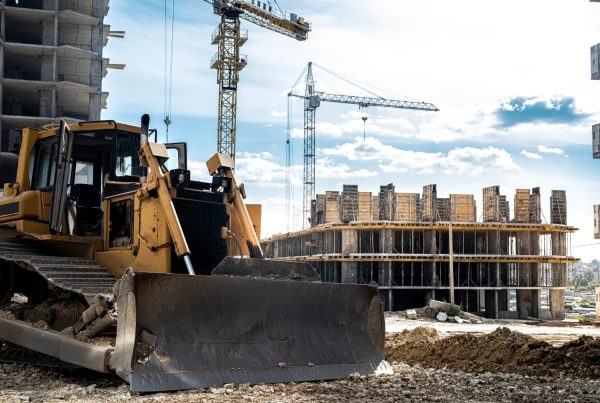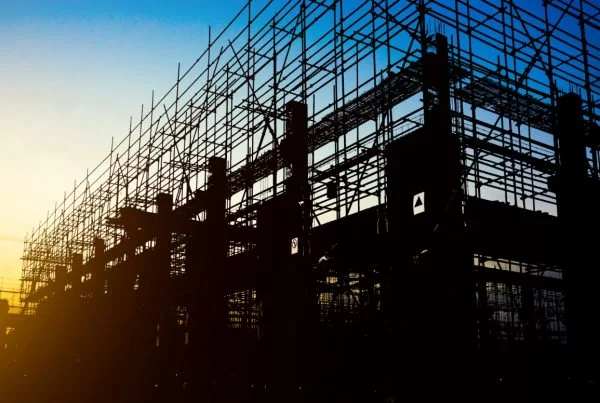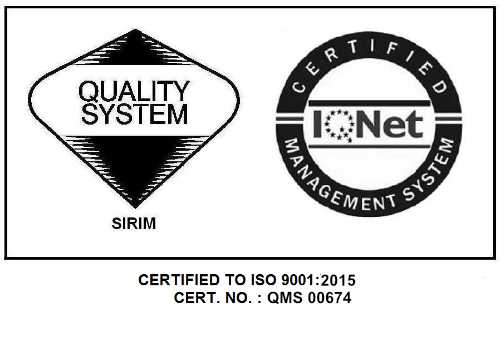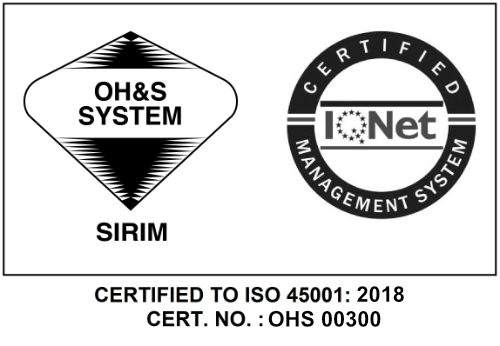
The Chartered Institute of Building (CIOB) has recently launched its “Artificial Intelligence Playbook“, a comprehensive guide designed to help the construction industry harness AI’s transformative power. This initiative underscores the importance of integrating AI into everyday practices, positioning it as a “new colleague” capable of revolutionising the sector.
David Philp, chair of CIOB’s Digital and Innovation Advisory Panel, emphasises AI’s potential to streamline repetitive data tasks, enhance analytical capabilities, and improve consistency and processing speed. By viewing AI as a construction assistant, businesses can leverage their analytical and pattern recognition abilities to boost efficiency and productivity.
AI’s role in the construction industry is multifaceted. It has been instrumental in automating office-based tasks, improving asset management, and even informing design processes through generative AI. For example, using AI in asset management can enhance the resilience and availability of critical assets by automating data collection and analysis. Additionally, AI-driven design iterations can help solve complex challenges and optimise performance.
Despite the advantages, the adoption of AI in construction has its challenges. Concerns about AI “hallucinations” – instances where AI generates incorrect or misleading results – highlight the need for transparency and understanding in AI decision-making processes. Philp advocates for a “white box approach” to AI, emphasising clarity and provability in AI-generated decisions.
The playbook also addresses AI use’s ethical and legal considerations in construction, such as intellectual property rights and data ownership. By fostering a thorough understanding of these issues, CIOB aims to ensure that AI implementation in the industry is both responsible and beneficial.
This initiative is part of CIOB’s broader push to encourage innovation and sustainability in construction. AI offers promising solutions as the industry grapples with climate change and resource management challenges. The playbook highlights how AI can support sustainable practices and improve the overall quality of construction projects.
In the next part, we will examine how AI can alleviate the burden of repetitive data tasks in construction, offering new efficiencies and capabilities.
Article 2: Revolutionising Construction: AI as Your New Colleague
Article 3: Overcoming Challenges and Ensuring Ethical AI Use in Construction














